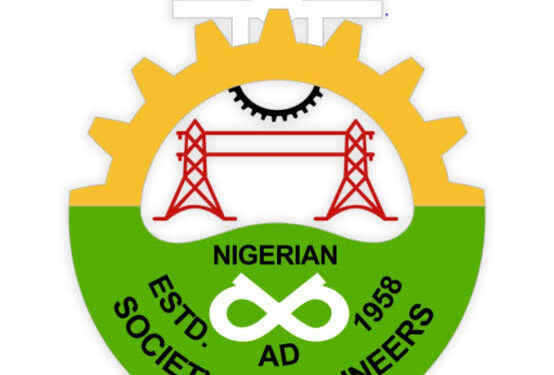The Nigerian Society of Engineers (NSE) has raised concerns about the persistent decline in the nation’s manufacturing sector.
They attribute this decline to factors such as inconsistent government policies on foreign exchange, unfavorable import licensing, power shortages, and the rising costs of alternate energy sources.
President Tasiu Gidari-Wudil expressed dismay at the lack of attention given to the country’s technological advancement by successive governments.
Gidari-Wudil lamented the erosion of Nigeria’s non-oil export performance from the ’60s and ’70s. He cited the disappearance of industries such as textiles, coal, rubber plantations, and other key sectors.
The president highlighted the adverse effects of unstable foreign exchange regimes, hostile import licensing policies, and the unavailability of constant power.
He noted that these challenges have led to the closure of several international conglomerates that once bolstered Nigeria’s manufacturing sector.
Specific examples mentioned include Volkswagen, Michelin, Procter & Gamble, ISO Glass, Universal Steel, Universal Rubber, NASCO fibre, GSK Pharma, Tower Aluminium, and others.
Gidari-Wudil also drew attention to the unfortunate state of the Ajaokuta Steel Manufacturing Company, a government-owned concern that has never produced a single length of steel since its construction and has been left to deteriorate.
In response to these challenges, Gidari-Wudil stressed the importance of involving engineers in solving issues in the manufacturing and infrastructure sectors.
He asserted that the NSE, boasting the best engineers in Nigeria, should play a pivotal role in addressing these critical issues.
The president further discussed the adoption of concrete technology, stating that the society has thoroughly studied its advantages and disadvantages.
The NSE intends to disclose its position on this matter during the upcoming annual conference.
The report also highlighted the notable attendees expected at the conference’s opening ceremony on November 28, 2023.
Dignitaries include President Bola Tinubu as the Distinguished Guest of Honour, Vice President Sen. Kashim Shettima receiving an Honorary Fellowship award, and other government officials such as the Minister of Federal Capital Territory, Nyesom Wike, Minister of Niger Delta Affairs, Abubakar Momoh, and Minister of Water Resources, Joseph Utsev.












